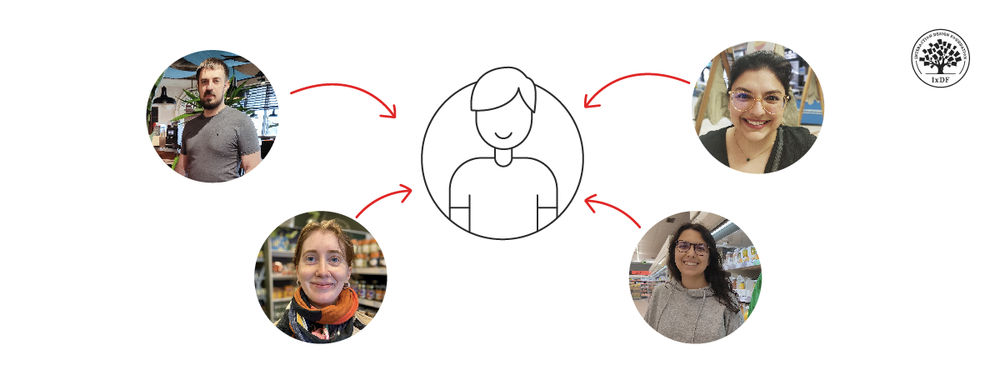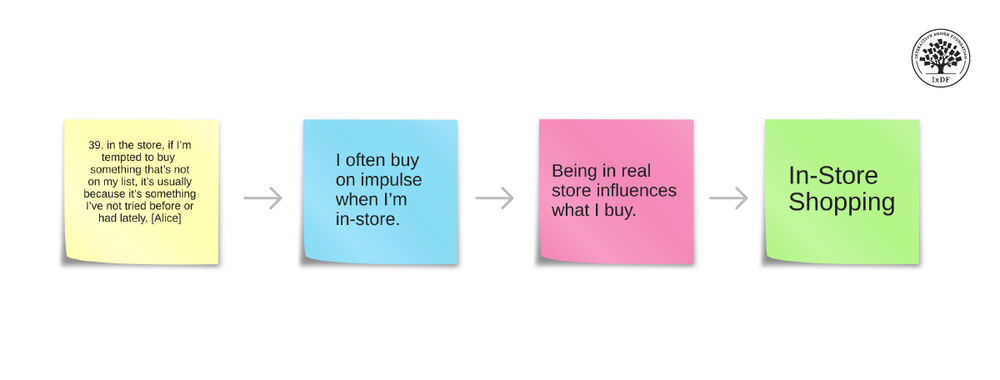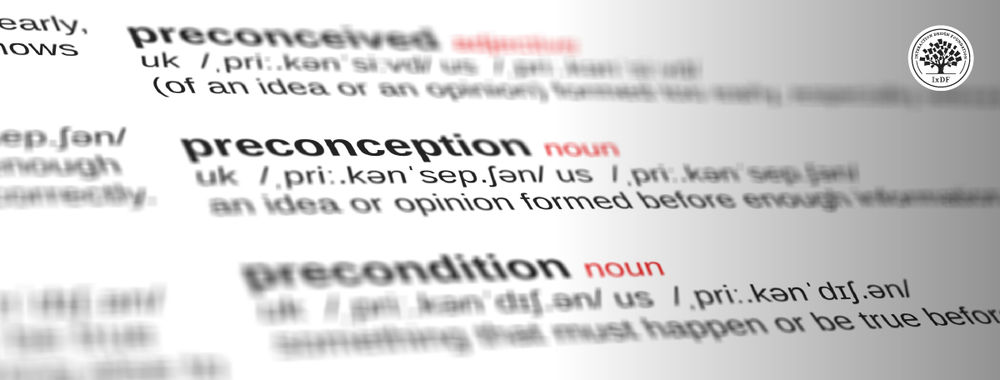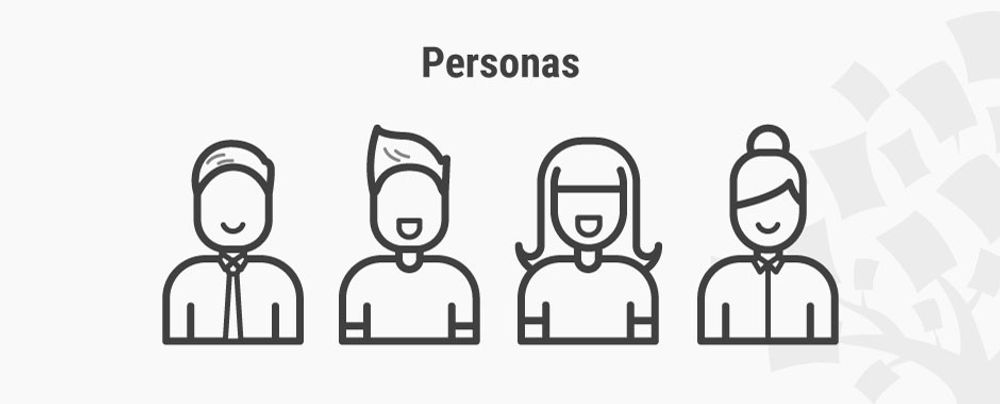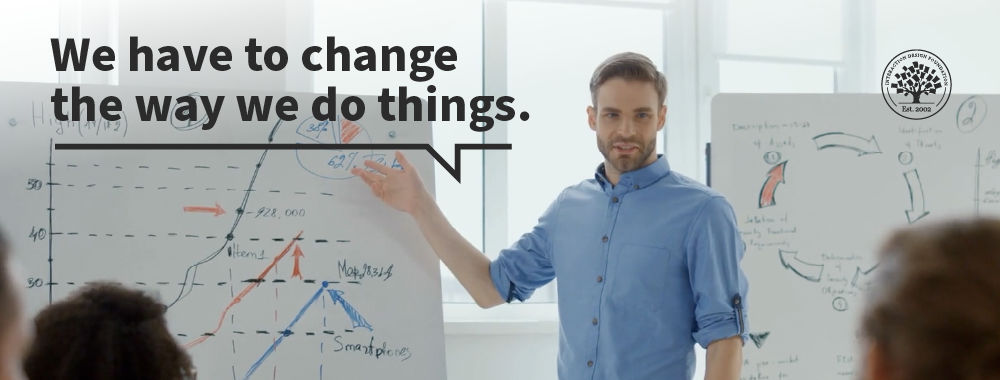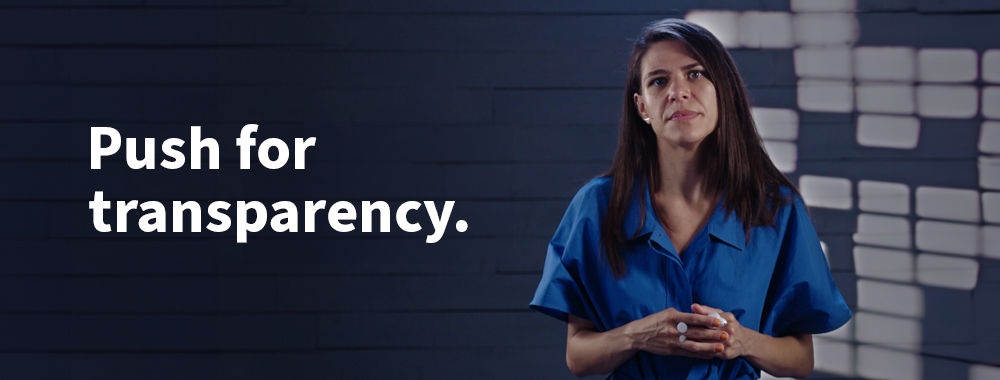Tomorrow is only a day away… as the little orphan Annie once sang. But tomorrow can also be forever, too. Knowing when to start your business and knowing when you’re procrastinating so that your business is forever a day away can really help get you started. The perfect time to start your own business may be very personal, but identifying that time isn’t as hard as you might think, either.
Is there a perfect time to break free from the 9-5? This may be the most hotly debated subject in the freelance and entrepreneurial world. The answer to the question is, alas, “no”. There’s no such thing as a “perfect time” to start your own business. You have to choose the right time for you. So, here we offer as many viewpoints as possible to help you make that decision.
Table of contents
- When Is The Right Time To Quit Your Job?
- The Best Start?—Prepare For Freelancing While Keeping Your Current Job
- The Best Start?—Quit your Day Job and Why You Should Terrify Yourself
- What is the Best Start for You?
- The Best Start – Financial
- Overall – The Best Start
- The Take Away
- References & Where to Learn More
When Is The Right Time To Quit Your Job?
Should you quit your job right away or start working as a freelancer or entrepreneur on the side?
Many freelancers and business owners, such as the Rework authors and business owners, Jason Fried and David Heinemeier Hansson, argue that it is best to start preparing and working as a freelancer or entrepreneur while you are still involved in your current job.
Other freelancers and business owners, such as psychologist, digital nomad and author Mark Manson, argue that you have to quit your current job to be able to focus on building your new freelancing career (time-wise and mentally) and because you have to put something at stake and terrify yourself in order to succeed as an entrepreneur or freelancer.
The Best Start?—Prepare For Freelancing While Keeping Your Current Job
Some say that the most secure start of your new career happens while you are still working. There’s a lot you can do to prepare for the freelance and entrepreneurial life while still employed. You can set up your website, develop your portfolio, prepare a business and marketing plan, polish your CV, etc.
The more of this work you get done before you start working full-time on your business, the more you’re going to be able to concentrate on winning and delivering business when you do quit your job. If you were in an aeroplane, you’d want a nice long runway to ensure a smooth takeoff. What you build and do before launching your enterprise can pay big dividends.
Two of the advocates for starting your business while keeping your day job are the authors of the excellent book Rework, Jason Fried and David Heinemeier Hansson, who know what they are talking about as they also founded the trailblazing software company 37 signals and developed the programming framework Ruby on Rails.
“You don’t have to work miserable 60/80/100-hour weeks to make it work. 10-40 hours a week is plenty. You don’t have to deplete your life savings or take on a boatload of risk. Starting a business on the side while keeping your day job can provide all the cash flow you need. You don’t even need an office. Today you can work from home or collaborate with people you’ve never met who live thousands of miles away.”
– Jason Fried and David Heinemeier Hansson, Rework
Rework is a “must read” for freelancers and entrepreneurs as it may save you time and help ease your frustrations. However, we don’t agree that it is likely that most freelancers and business owners can create a thriving business just by working 10 to 20 to 30 hours a week—30-40-50-60 is more likely to be the case, at least during the first year. But you can easily get started with 5 to 10 hours on the side in the evenings and weekends to begin with and to prepare your business before you quit your job.
Do You Want to Spend Your Free Time Working at The Beginning?
Of course, in some cases the full-time job will take up so much time, there’ll be no real time left to do this preparation, but if you can, it’s a good idea – it means you’re still earning while you do a lot of the necessary but unpaid groundwork for your business. Many of us can find an hour here or there to prepare to become a freelancer or entrepreneur; perhaps you could quit your evenings in front of the TV, skip the social media skimming or spend less time surfing the internet.
If you’re in doubt about wanting to start out as a freelancer or entrepreneur or whether you should keep your day job, it’s a very good indicator to realise if you really want to spend your free time working on preparing for your business. Are you willing to spend the time it takes to build a new business? Or, even better, can you resist working on building your new business?
“Guard well your spare moments. They are like uncut diamonds. Discard them and their value will never be known. Improve them and they will become the brightest gems in a useful life.”
― Ralph Waldo Emerson, American essayist, lecturer & poet
If you are passionate about being a freelancer or entrepreneur, and if you love the niche you have chosen, you will feel a strong urge to work—even in your free time. If you’d rather check your social media messages or keep up with your favourite series, chances are that you are not really committed to starting and running your own business.
And if you’re more comfortable in the latter scenario, you should either choose a more motivating niche or happily continue your day job... or, simply look for another job. Preparing for your new business life while keeping your day job is an excellent way to determine if you should really invest your time, mind and heart in freelancing or entrepreneurship.

Author/Copyright holder: Google, Inc. Copyright terms and licence: Public Domain.
As this graph shows—you can earn and have free time, but notice the large number of other combinations that aren’t so favourable, too. However, if you’re going to start your business while keeping your day job, you’ll very likely have to accept the fact that you won’t have much free time until your business is floating and you can quit your job without looking back.
The Best Start – Clients in the Bag
If you’re going to go freelance doing something similar to what you do today, you can reach out to contacts in your industry—if your current contract allows for it—and see whether they’d be keen to work with you.
Note: It’s important not to break your contract with your employer – even if it works to your disadvantage. You don’t want them bad mouthing you for this to potential clients at a later date.
In fact, some freelancers and entrepreneurs even take on work from their previous employers. They bring up the idea during their resignation period. This can work very well, but it can also feel like you’ve never left, and if you don’t define the boundaries of your relationship, well… then you may find that your old employer continues to treat you like an employee rather than a contracted business (which is what freelancers are). Only you will be able to determine whether this course of action is right for you.
The Best Start?—Quit your Day Job and Why You Should Terrify Yourself
“A year from now you will wish you had started today.”
– Karen Lamb, American author
Psychologist, digital nomad, blogger and author Mark Manson encourages you to quit your job if you want to succeed in building your new business. Mark Manson has a hugely popular blog and 300,000+ Facebook followers. He also teaches online courses.
When Mark was 24 years old, he started working in a large, prestigious bank in downtown Boston.
“I felt strangely powerful as I collected my new security badge and gained access to the sleek silver elevator. This was it. I was finally a real, live, functioning adult. But that sense of power vanished once I was led to my new cubicle. Grey, sterile, joyless. I looked around and noted the smattering of other ambitious 20-somethings about me, awkwardly stuffed into cheap suits and business attire. Some worked furiously at their consoles, invigorated. Others slinked in their chairs, lifeless and a paper jam away from putting a shotgun in their mouth. I would soon be one of the latter.”
– Mark Manson, HOW TO QUIT YOUR DAY JOB AND TRAVEL THE WORLD
Six weeks later, Mark quit his job and continued to work on his hobby and passion—writing and blogging. Mark was scared to death: terrified.
“When I wanted to leave the bank, a number of friends and family members suggested that I continue to build my business on the side until I had a steady income. In hindsight, I think if I would have done that, I would not have made it. Giving up would have been too easy. I wouldn't have had the time or energy necessary to do it. That ever-present fear (of going back to the job at the bank) motivating me would have been gone.”
– Mark Manson, HOW TO QUIT YOUR DAY JOB AND TRAVEL THE WORLD
As Mark did not have any savings, he moved back into his mother's place, lived on the couch, while working day and night—shitting green pigs, dreading that he would not make it. The terror of ending up back in that dull, soul-destroying cubicle burned beneath him non-stop. This fear made him work harder, believing that he would indeed be able to live off what he loved doing, which in his case is writing. Mark thought it would take him 5 months to establish his writing business such that he might live off it. It took 15 months which included sacrifices such as moving back into his mother's place. But again, Mark is convinced that if he had not quit his secure 9-5 and had not been so terrified of winding up back there, he would not have been able to make a living writing as he would have given up halfway.
What is the Best Start for You?
We can’t decide if you should terrify yourself by quitting your job tomorrow or if you should carefully prepare for your freelancing business while keeping your day job. If you are 24 and can easily sleep on your mother’s couch, that’s definitely an option, but you may have obligations—a house, a student loan, a family or a pet—which could indicate that your only option is to keep your job while preparing your website and portfolio, research your target group and start reaching out to your first clients. In either case, we can strongly recommend the following financial approach.
 Author/Copyright holder: opacity. Copyright terms and licence: CC BY-NC-ND 2.0
Author/Copyright holder: opacity. Copyright terms and licence: CC BY-NC-ND 2.0
Sleeping on the couch is fine to get your freelance business started. But remember to get some work done… or it may become a permanent way of life.
The Best Start – Financial
Perhaps, the biggest concern of new freelancers and entrepreneurs is financial, and if you can save up about six months’ worth of living expenses (enough to pay all your bills, not just your rent) then you’ll have a certain amount of financial cushion with which to begin freelancing.
The first few months, before you have a complete roster of regular clients, can be a little hair-raising with one month producing a decent return and the next producing almost nothing. If you have savings, it’s easier to deal with the ups and downs. Why six months? It feels purely arbitrary, but in reality it’s the amount financial advisers recommend that we have in easy-to-access savings all the time.
Assuming your first year brings in about half to three-quarters of what you earned previously, that six months of cash is enough cushion so that you don’t notice the difference between your old earnings and your new earnings. As you enter the second year, you’ll have more repeat business and should be able to start matching what you previously earned.
Calculating what you need for six months’ living expenses is intensely personal. If you don’t want to compromise your lifestyle, working out that number is easy—just add up everything you’ve spent in the last six months (excluding exceptional purchases such as a car or a house). That’s your six-month cushion. Well, it is as long as you have all the tools you need to start your business – if you don’t, you’ll need to add their cost on top of that number.
However, many freelancers and entrepreneurs see their new independent lifestyle as an opportunity to downsize a little. They won’t be commuting; they’ll be buying fewer business clothes, etc. They’ll take those costs away from their six months’ figure.
Many other freelancers and entrepreneurs go through a drastic budgetary cut. They slash everything but non-essential items from their budget, and their six-month tally is lower still.
Only you can decide which of these works best for you. But one thing is certain:
 Author/Copyright holder: Charlotte90T. Copyright terms and licence: CC BY-NC-ND 2.0
Author/Copyright holder: Charlotte90T. Copyright terms and licence: CC BY-NC-ND 2.0
This says it all really. There comes a point when you have to let go of the old life and embrace the new to be a freelancer or entrepreneur. This quote has been attributed to Mark Twain, but the attribution cannot be verified. The quote should not be regarded as authentic. The earliest documented publication of the quote is in H. Jackson Brown, Jr.'s “P. S. I Love You”.
Overall – The Best Start
So, the most secure start is one where you have six months’ worth of expenses in the bank, where you have done all the preparation work and you have clients already on the line so that you’re earning from day one.
We think that’s a pretty fair definition of the most secure start, but bear in mind two things:
Don’t let the perfect start put you off starting forever. If it’s going to take 10 years to save up six months’ money, then you may need to accept a less than perfect start to get your dream underway. Maybe you’re the type of person who needs to terrify yourself to realise your dreams.
Plenty of people have succeeded as freelancers starting with none of those advantages. In fact, the founders of the Interaction Design Foundation, Mads Soegaard and Rikke Friis Dam, had none of those advantages when they started their freelance businesses and the Interaction Design Foundation. They had no money and no clients; and they wouldn’t go back to a 9-5 job for all the tea in China.
The Take Away
While there is an ideal starting point for freelancing and entrepreneurship, millions of business owners have launched successful businesses without ticking any of the boxes (financial, preparedness, clients already lined up) for an ideal start.
Truthfully, only you can decide when you’re ready to start. You may find it’s better to start when you feel ready than to wait for a perfect start. It’s also worth noting that many freelancers and entrepreneurs find the choice taken away from them through redundancy, ill health, mortgage, family obligations, etc. and many of those business owners have thriving businesses, too.
References & Where to Learn More
Hero Image: Author/Copyright holder: Charlotte90T. Copyright terms and licence: CC BY-NC-ND 2.0
Jason Fried and David Heinemeier Hansson, Rework, 2010
Mark Manson, HOW TO QUIT YOUR DAY JOB AND TRAVEL THE WORLD, 2012, July 14
H. Jackson Brown Jr, P. S. I Love You, 1990



